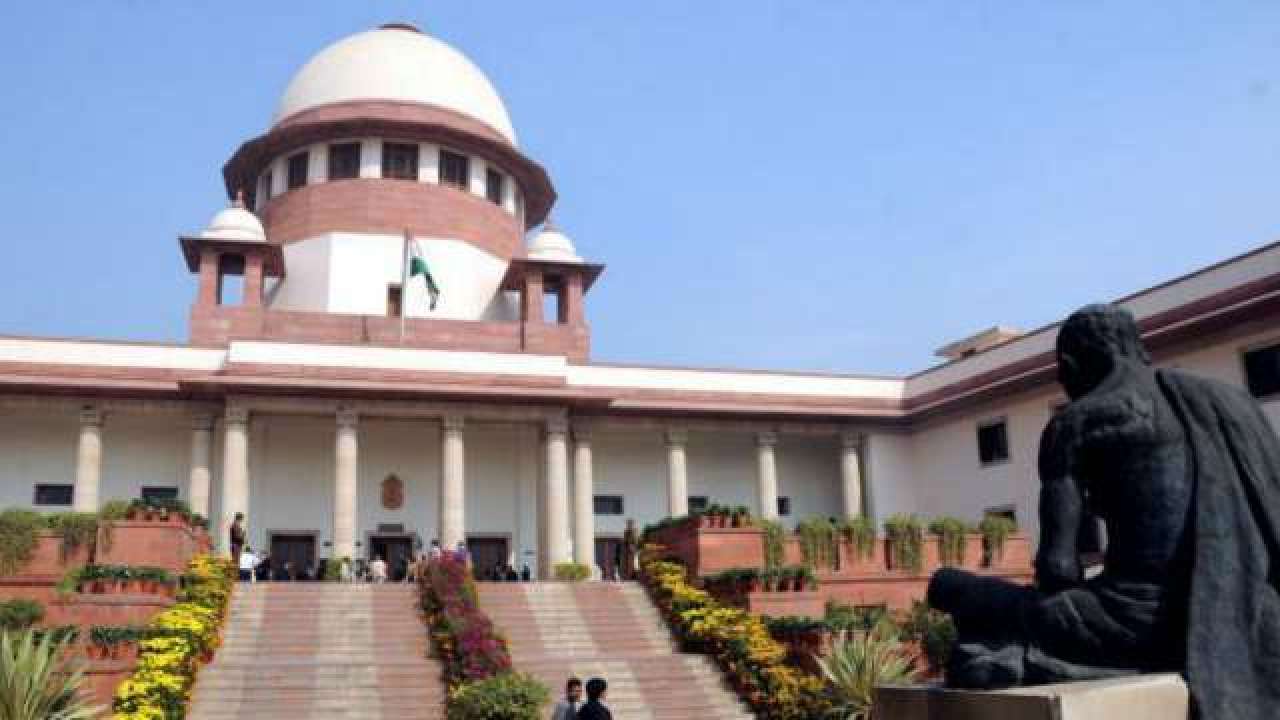Should convicted netas be banned from contesting for life, Supreme Court mulls

SUPREME COURT
The Supreme Court on Thursday revived the contentious debate of imposing a life ban on convicted lawmakers. The top court suggested that this issue needs to be considered next after special courts are set up to exclusively try politicians and elected representatives.
While hearing a PIL on curbing criminalization of politics, a bench headed by Chief Justice of India (CJI) Ranjan Gogoi took both the petitioner and the Centre by surprise. Solicitor General Tushar Mehta, representing the Centre, came prepared with data on 12 special courts established so far to deal exclusively with criminal cases involving members of Parliament and Legislative Assemblies.
CJI Gogoi asked petitioner Ashwini Kumar Upadhayay, a lawyer, whether he remembered the original prayer in his PIL. The bench, which also comprised Justices UU Lalit and KM Joseph, found substance in Upadhayay's argument. He compared politicians (public servants) to bureaucrats (government servants). Once convicted of a crime of moral turpitude, a public servant cannot continue in service for his or her lifespan. Upadhayay asked why this rule did not apply to convicted lawmakers.
"Mr Mehta," the bench told Centre, "we should not lose sight of the main prayer seeking life term ban on elected representatives who stand convicted. The subsidiary prayer is to expedite their trial within short span. We seem to have sidetracked."
Senior advocate Vijay Hansaria, who assisted the Court as amicus curiae, said that setting up special courts, one for a cluster of states, will not be feasible. High Courts must designate a Magisterial and a Sessions court in each district, he said, to try cases on a priority basis.
Impressed with this suggestion, the Bench ordered Registrar General of all High Courts to provide district-wise list of pending cases against lawmakers both at Magisterial and Sessions level. The information will be supplied to the Supreme Court Registry by November 27 and the matter will be heard on December 4.
The (dis) Honour
162 sitting MPs (30%) have criminal cases pending against them. In 2004, the number was 24% and by 2009, 30%. Across States, 1,258 out of 4,032 sitting MLAs have pending criminal cases.